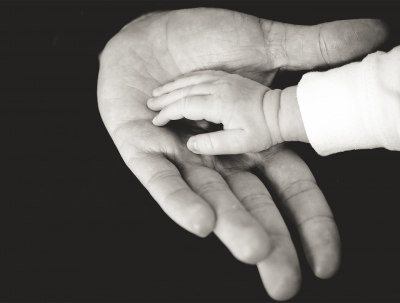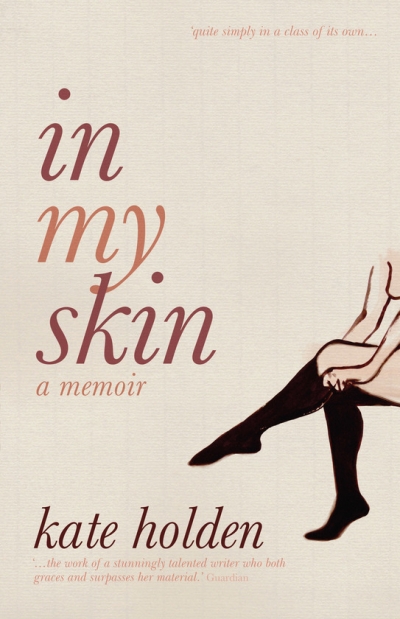Accessibility Tools
- Content scaling 100%
- Font size 100%
- Line height 100%
- Letter spacing 100%
Archive
The ABR Podcast
Released every Thursday, the ABR podcast features our finest reviews, poetry, fiction, interviews, and commentary.
Subscribe via iTunes, Stitcher, Google, or Spotify, or search for ‘The ABR Podcast’ on your favourite podcast app.
‘Where is Nancy?’ Paradoxes in the pursuit of freedom
by Marilyn Lake
This week on The ABR Podcast, Marilyn Lake reviews The Art of Power: My story as America’s first woman Speaker of the House by Nancy Pelosi. The Art of Power, explains Lake, tells how Pelosi, ‘a mother of five and a housewife from California’, became the first woman Speaker of the United States House of Representatives. Marilyn Lake is a Professorial Fellow at the University of Melbourne. Listen to Marilyn Lake’s ‘Where is Nancy?’ Paradoxes in the pursuit of freedom’, published in the November issue of ABR.
Recent episodes:
At first, you find the claim that you resemble your parents implausible. Later, you find it unflattering. But there are moments when you glimpse someone in a mirror and only belatedly recognise yourself. These are the moments when you realise – it is in equal parts chastening and reassuring – that if you are moving through time as an image of your parents’ past, their image is waiting for you in mirrors: they are the ghosts that haunt your future, as it were.
... (read more)The kookaburra begets the sacred kingfisher
who begets the rainbow bee-eater
who begets the firetailed finch
who begets the forty-spotted pardalote
who begets the damsel fly
who begets the jewelled beetle
who begets a pentangle of reflected light
that falls on a colony of dust mites
... (read more)(from Peter Henry Lepus in ‘Iraq, 2003’)
Are all Arabs Muslims? Peter Henry asks.
Nobody answers him.
She’s got dark hair that stops
just above her shoulders. Turns up at the ends.
She’s very slim, Max says.
He’s talking to Hamid
about Weasel Smith’s girlfriend,
whom he is hoping to meet
somewhere south of Baghdad.
... (read more)In the park outside my hotel in downtown Cincinnati, Ohio, there is a splendid statue in bronze of President James Garfield, modelled in 1885 by one Charles H. Niehaus and cast in Rome. The pose is oratorical and forms a convenient hub for several witty panhandlers. Somebody has lodged a Panasonic logo high up inside the twentieth president’s lapel. The Cincinnati Club is down the block, a huge post-Albertian palazzo that would have made the Gonzagas blush. For a wedding, floor-to-ceiling arrangements of white and pink roses and several truckloads of lily of the valley effervesce upstairs amid chandeliers, while jungly orchids creep down the front hall banisters – all clearly visible from the other side of the street. Obviously, they have invited only the immediate country. Around the corner is a hat shop from another era, with the elevated thrones of a separate shoe-shine department running down one side, and a fully operational hat-steamer snorting among stacks of boxes behind the wide counter opposite. I find myself being fitted for a beautiful pork-pie hat by Biltmore of Canada.
... (read more)







